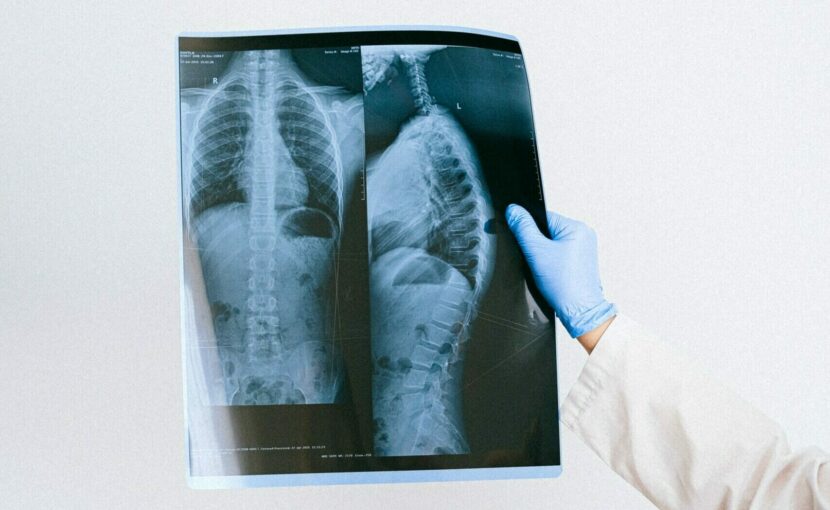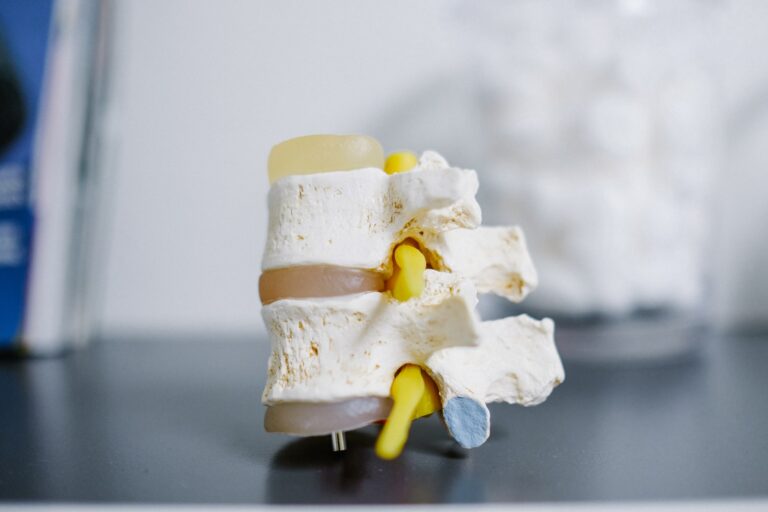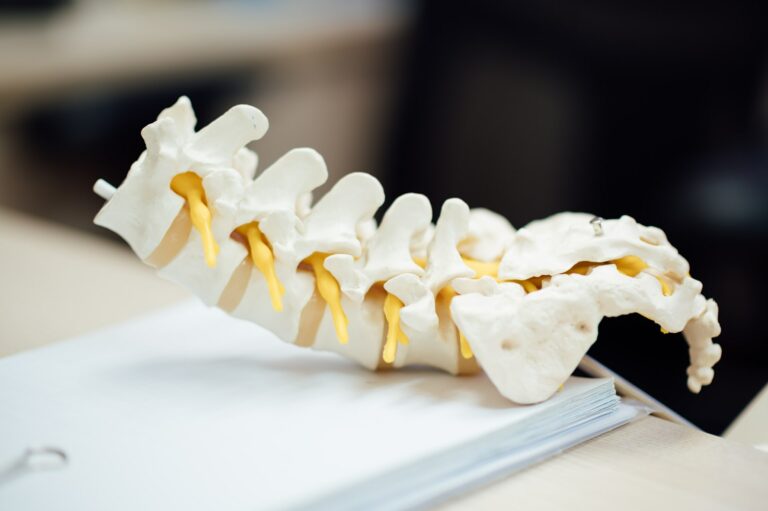Spinal cord injuries are not something you want to take lightly. Herniated discs are one of the most common spinal injuries. They affect the discs between the vertebrae of the spinal cord.
The spinal cord is made up of 24 vertebral bones that stack up from the neck all the way to the lower back. These bones protect spinal nerves and support the body’s frame. Between each of these vertebrae are discs with a soft jelly-like interior that provides cushion to the vertebrae, absorbing shock from everyday movements such as walking and running. Herniated disc injuries occur when a disc tears and some of the soft jelly pushes out, trapping spinal nerves between misaligned vertebrae.
Over 90 percent of all herniated discs are a result of accidents. Road accidents account for the highest percentage (38 percent). If you have suffered a herniated disc as a result of a road accident, you deserve compensation in form of damages for all the physical and mental anguish the injury has caused you. Consult a Texas spinal cord injury or paralysis lawyer to get started on your claim.
Types of Herniated DISC Injuries
Herniated discs can occur on one of the three parts of the spine:
- Cervical spine – the first seven vertebrae from the neck
- Thoracic spine – the next 12 vertebrae on the mid-back
- Lumbar spine – the last five vertebrae on the lower back.
The most common herniated disc injury occurs between the fourth and fifth vertebrae of the lumbar back.
Symptoms of herniated discs include:
- Pain in the arms or legs. If the herniated disc is in the lumbar spine, most pain will be in the buttocks, thighs, and calves. If the herniated disk is in the cervical spine, most pain will be in the shoulders and arms.
- Numbness or tingling in the body parts served by affected nerves.
- Weakness in muscles served by affected nerves.
- Spasticity
Recorded long term effects of herniated discs include:
- Urinary and bowel problems
- Sexual performance problems
- Paralysis
These physical injuries can cause:
- Mental anguish
- High medical costs from hospitalization, surgery, prescription medication and physical therapy
- Lost income from days spent away from work
- Lost earning capacity if the injury is debilitating
- Loss of consortium with your partner.
Herniated DISC Caused by a Car Accident – What To Do
As explained above, herniated discs can cause a multitude of physical, psychological, emotional and financial problems. If you were involved in a car accident, you may have suffered a spinal injury. Taking these steps will place you in a better position when you eventually file a herniated disc injury claim:
- Collect evidence such as picture and video evidence of the scene of the accident. You can use your phone or a digital camera. Capture the condition of the road and the vehicles involved in the accident. You can also talk to eyewitnesses and get their contact details.
- Seek medical attention immediately afterward. Even if you feel okay, get a physician to confirm that. Many internal injuries may be masked by the shock you suffer during the accident. After getting checked, gather all your medical receipts and documents including the doctor’s report. These are important pieces of evidence.
- Consult a personal injury attorney and discuss your grounds for filing a personal injury claim.
- Reach out to your insurance company to file an insurance claim. Involve your attorney in the process.
Sometimes, insurers do not pay sufficient claims or they try to downplay your injuries so that they don’t pay as much in compensation. Some insurers will even attempt to have you see a physician under their employ or record a statement with them to “simplify the claims process.” Do not fall for these tactics. They may just hurt your case for adequate compensation.
If you’ve been involved in a car accident or any other accident that could result in a spinal injury, schedule a consult with a Texas personal injury lawyer.











